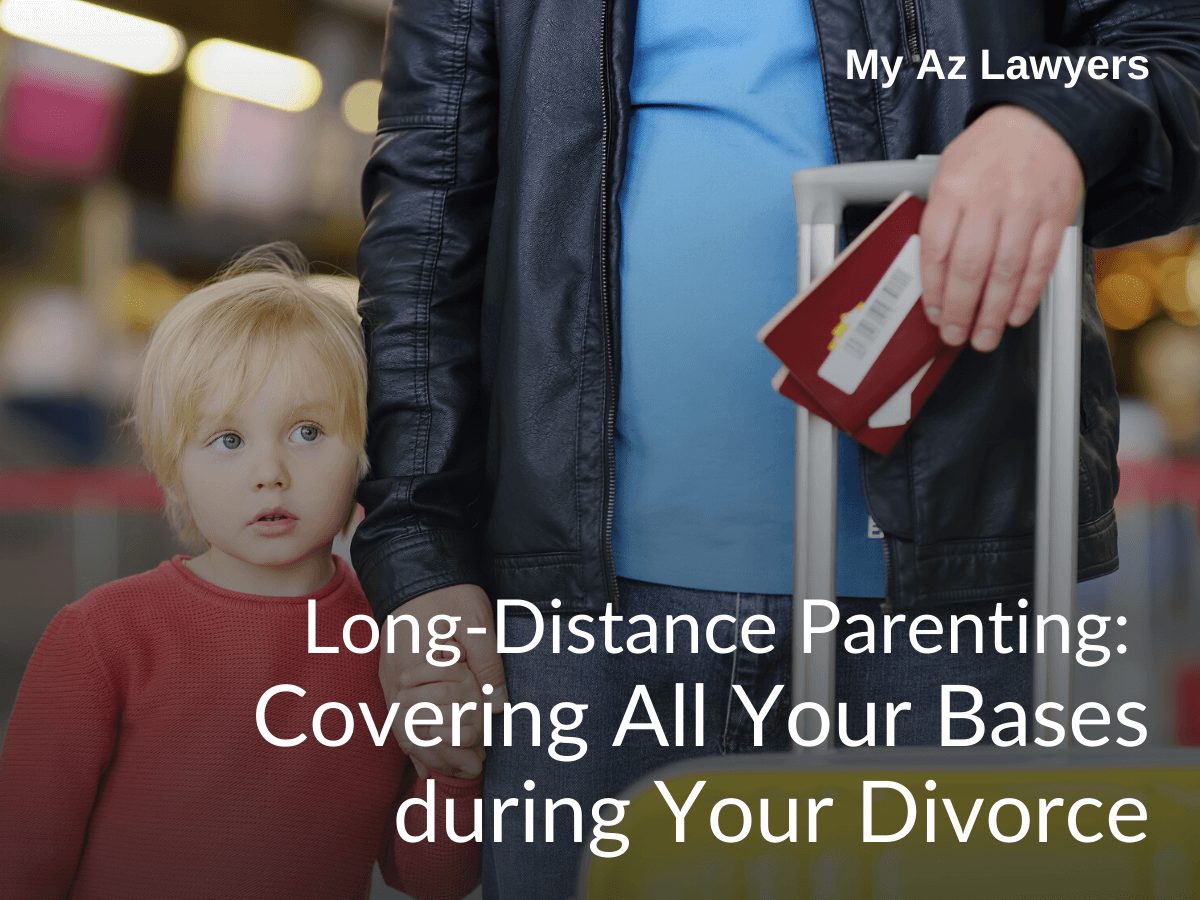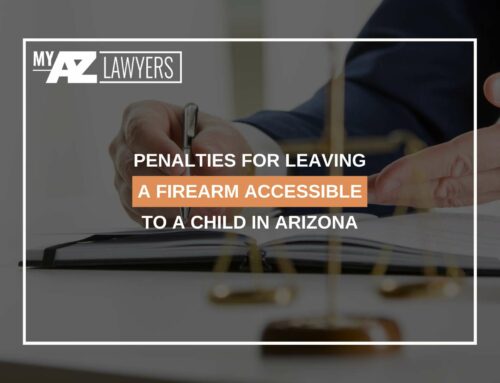Long Distance Parenting: Covering All Your Bases during Your Divorce
Long Distance Parenting can become a real issue once a couple divorces. Ideally, both parents would live in the same city as their children – or at least close enough that everyday visits are possible. But after two people separate or get divorced, they do not have the same need to make career decisions together or to move together. One may get called out of state or even out of the country to pursue career opportunities or to meet the needs of family.
When you are trying to co-parent while living far apart, there will be many challenges. Working with a good family law lawyer serving Tucson to develop a sound custody plan can help you manage those challenges and ensure that the needs of your children are being met. Here are a few of the issues that you will need to consider when creating a long distance parenting or should we say co-parenting plan:

Consistency
Where you live will impact how often you or your child’s other parent can visit. For example, if you live countries apart, visits may only happen three or four times a year. Whereas, if you live a few states apart, visits may happen once a month or so.
Whatever the schedule, the key is to be consistent. Children need to know when they are going to be able to see their parent, and adults need to know what to expect, as well. The consistency will provide much-needed stability for your family, and it will encourage the health of the parent-child relationship.
School
Parents may be able to visit in the middle of February, but kids are going to be in school then. They can’t just take off for a week to visit with their parent. (Maybe that’s ok if it’s a once-a-year occurrence and there are no other options, but generally, you want to schedule around school.)
Your children’s school calendar may vary, depending on whether they are on a traditional schedule or have a year-round schedule. Typically, you can expect to have a bit of time over the winter, a bit of time during the spring, and a longer break during the summer. Plan visits accordingly.
Who Travels
Will the parent who does not have primary custody be the one to visit the children? Or will the children fly out to visit the other parent? The answer to these questions will depend on matters like budget, the age of the children, and the travel distance.
If you decide to change it up with the parent visiting at times and the children visiting the parent at other times, just make sure you set a schedule for it. The trade offs should be consistent.
Transportation Costs
Traveling is expensive. When you work out your visitation schedule, you will also need to work out who will pay for that travel. If the non-custodial parent is doing the traveling, that likely means they will pay. But will they then pay reduced child support? And if the kids are the ones doing the traveling, does the custodial parent pay for that or the non-custodial parent?
These are likely going to be contentious questions, so you will need to work with a good child custody lawyer to come to a fair agreement.
Visit Logistics
When the non-custodial parent comes to visit the kids, will they stay in your home or a hotel? If they stay in a hotel, will the kids stay there with them? If they stay with a relative or friend, will the children be allowed to stay there with them?
Again, you will need to talk through these issues and put them into your custody agreement. If the conversation becomes contentious, work through your child custody attorney in Glendale to come to an agreement.
Staying in Touch
When parents and children live far apart, regular communication is essential to maintaining that relationship. Make sure you include provisions for helping the non-custodial parent and children stay in touch. That can include regularly scheduled calls and video calls. It should also include email and texting, where available.
Creating a schedule for this communication is essential as it ensures that other activities are not planned that would prevent it. For example, if a call is scheduled for 7 p.m. each day, you can be sure that homework and other events are not scheduled at this time, whereas if the non-custodial parent just called without prior commitment, chances are good that the child would be busy or wouldn’t be at home to take the call.
Co-parenting over long distances can certainly be challenging, but when both parents think through these issues and make plans to address them, you can be sure that both parents and their children continue to have a strong relationship and consistent visitation.
Contact My AZ Lawyers to talk to a child custody lawyer about creating a long-distance custody arrangement for your family. We work with clients to create the custody plan to meet the best interests of their children, whether their parents live next door or in the next country. We work with clients in Phoenix, Tucson, Glendale, and Mesa. Call us today to talk with a family law lawyer about your needs. Our long distance parenting plan attorneys are available to assist you with your Arizona family law matter.
Additional Articles at: https://www.selfgrowth.com
Arizona Offices:
Mesa Location:
1731 West Baseline Rd., Suite #100
Mesa, AZ 85202
Office: (480) 448-9800
Email: info@myazlawyers.com
Website: https://myazlawyers.com/
Glendale Location:
20325 N 51st Avenue Suite #134, Building 5
Glendale, AZ 85308
Office: (602) 509-0955
Tucson Location:
2 East Congress St., Suite #900-6A
Tucson, AZ 85701
Office: (520) 441-1450
Avondale Location:
12725 W. Indian School Rd., Ste E, #101
Avondale, AZ 85392
Office: (623) 469-6603













